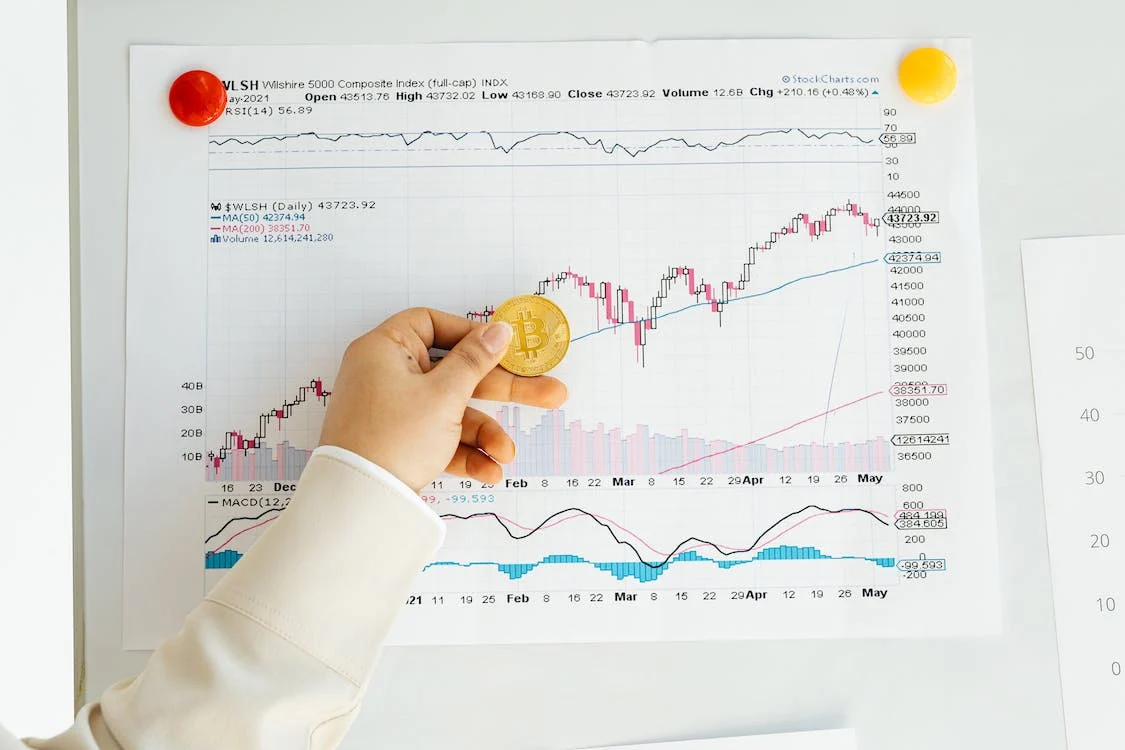How To Register As A Sole Trader In UK?
Table of Contents
Becoming a sole trader is very simplest way of running a business and it is very easy for small businesses. This is totally depends upon your business and how you operate your business, you are only responsible for its success and failure, this business contains little high cost to start.
If you are a sole trader, you don’t need to register your business with company house in UK, but the company house also do their work such as they maintain your accounting records, pay income tax, file self-assessment with HMRC.
Sole Trader

The person who is a sole owner and self employed of their own business is consider as a sole trader. They have no shareholders like other limited companies. There is no other people responsible for their liabilities, unlike a partnership. They only need to focus of their business and take the all profits after tax, this is a benefiting thing as a sole trader.
This also contains some risk, sole traders are considers as unlimited liability so they must be responsible for any damages on businesses. Sole traders are mostly contains small businesses and provides services and gives offers to individual persons and families, so they only contain very few employees for their business.
Advantages Of Being A Sole Trader

Sole traders are the boss for their own business, they have full control over what they do, when they do it and how to do it. This process gives a more flexibility in business and it feels like a complete freedom on business to make some decisions without any other persons permissions. They do not need any approval for doing any changes in their business, sole traders directly approaches customers and do one on one dealing with clients.
Sole trader does not have to register a company name or don’t need to do any paper works to government. Only they need to do is to inform HMRC, if your are a self employed and sole operator of your business.
They have a easier accounting job, they only need to maintain a record of invoices and expenses in annual self assessment tax return. This charge is less when comparing with limited company. They can keep their financial information private and also have an advantages to change their minds as they grow and their business grow.
Disadvantages Of Being A Sole Trader

Sole trading businesses in UK are not recognized as a separate legal entities from their owners. This is the biggest drawback of being a sole trader in UK. All the business debts, damages and liabilities are only your response. If you fail to pay off your business debts at time and you will need to pay the money owed from your own assets at your own risk. This could even mean losing your home and your own property.
A sole trader can claim tax allowances on certain business expenses and assets but the limited companies generally having more tax benefits when comparing with other unlimited companies. When you get a good profit in your business, when the limited companies pay less than their sole trader counterparts. Limited companies employee owners can also draw dividends from their company, this carry a lower tax rate and give them more take-home pay.
If a sole trader have met a accident or going under some serious illness then the responsibility of fulfilling existing contracts still sits with them. This can be very stressful when undergoes this process so When you setting up your business, you need to consider this situation before starting and planning around them and taking out business insurance where needed.
Some clients did not like to start work with sole traders because they see them as a higher risk, or simply because they seem less prestigious. This totally depends upon your industry and client type of your business, So you need to research before deciding what type of company to set up as your business. These are some disadvantages of being a sole trader.
Registering As A Sole Trader

Sole trader need to register for self assessment and file a tax return on every year, so you can set up as a sole trader in UK.
There are some responsibilities of being a sole trader such as keep records of your business sales and expenses, need to send self-assessment tax return every year and need to pay income tax, it depends on your profits and class 2, class 4 national insurance.
To register as a sole trader, first you need to do the following steps:
- Contact HMRC and register you are self-employed and will be paying tax as a sole trader for your business.
- Next, Complete the HMRC registration form for self-assessment tax return, you can also complete this process using online portal and on post.
- After completing this process, they provide you a HMRC account and you need to activate your HMRC online account. Once you will completed the registration form then HMRC will send you a 10-digit Unique Taxpayer Reference for you and an activation code for your online account.
- Complete your annual self-assessment tax returns using the online account which you set up before.
- You don’t need to register with Companies House as a sole trader.
Tax For Sole Trader
They need to pay income tax, class 2 and class 4 national insurance on all taxable business profits. If you are earning less than £100,000 in a tax year, this benefit from a personal allowance or consider as a tax-free income which for the current year is £12,500.
If you are earning more than £100,000, this will decreases by £1 and earn over £125,000, you can’t get this allowance. If your own business profit is more than £6,475, you need to pay Class 2 National Insurance contributions, which is currently £158.60 a year. If your profit is more than £9,500, you will also need to pay Class 4 National Insurance contributions, this can be calculated as a percentage of your total profits during your Self Assessment tax return.




